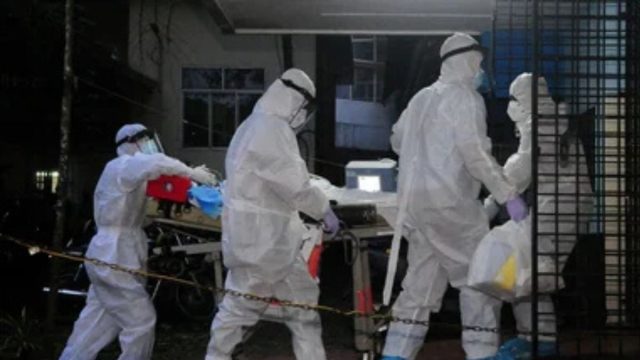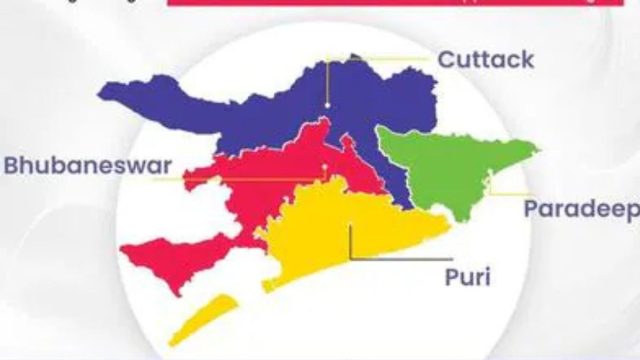Mumbai Wockhardt Hospitals in Nashik was found guilty of service deficiencies by the Maharashtra Consumer Commission for failing to transfer a young patient to the intensive care unit promptly, which ultimately resulted in his death. In its ruling earlier this month, the State Consumer Disputes Redressal Commission declared that patients have a “right to receive competent care and that too, in time as required.”
The victim’s family has been ordered to receive ₹18 lakh from the hospital as compensation for the harassment and mental suffering they endured. According to the victim’s father’s complaint, on April 15, 2010, his son was admitted to Wockhardt Hospitals in Nashik following a nosebleed.
According to the complainant, his son’s condition worsened considerably in the early hours of April 16 when he collapsed while using the restroom and complained of uneasiness and chest pain. He said that the patient was taken to the intensive care unit (ICU) around 7 am on April 16 despite his deteriorating health.
He claimed that even though he thought his son passed away at 8.30 am, the hospital needlessly kept him receiving treatment till the afternoon in order to gather proof. According to him, the patient was formally pronounced dead at 12:50 p.m. The hospital and its physicians were accused by the complainant of egregious medical negligence and service deficiencies.
Despite the patient’s worsening health, the hospital did not accept him right away, even though he needed emergency intensive care unit supervision. Eventually, the patient passed away from a heart attack. After the district forum rejected his petition, the complaint went to the state commission.
Both the respondent physicians and Wockhardt Hospitals disputed any fault, claiming that all procedures were followed. They argued that the patient’s death resulted from his chronic illnesses and noncompliance, particularly his unilateral decision to cease taking antihypertensive medicine, which caused his blood pressure to spike and his heart to attack, killing him.
According to the hospital, the patient’s father declined to be admitted to the intensive care unit. However, the commission pointed out that the hospital had not offered any documentation to support this allegation. It held that the hospital’s failure to transfer the patient to the intensive care unit (ICU) in a timely manner “amounts to the deficiency of services towards the patient as well as the complainant, which ultimately led to loss of a life,” even though the treating physicians “executed their utmost qualification, skill, and showed no negligence.”
Citing Supreme Court decisions that necessitate rapid treatment in emergencies, even without consent, if delay can be deadly, the panel emphasized that consent for ICU admission is not a legal requirement in life-threatening situations.
According to the panel, the right to life guaranteed by Article 21 of the Constitution includes the right to emergency medical care. In light of the psychological distress and abuse endured by the surviving family, the commission ordered the hospital to compensate them with ₹18 lakh, plus 6% annual interest, starting on October 26, 2010, and continuing until the whole amount was paid.




